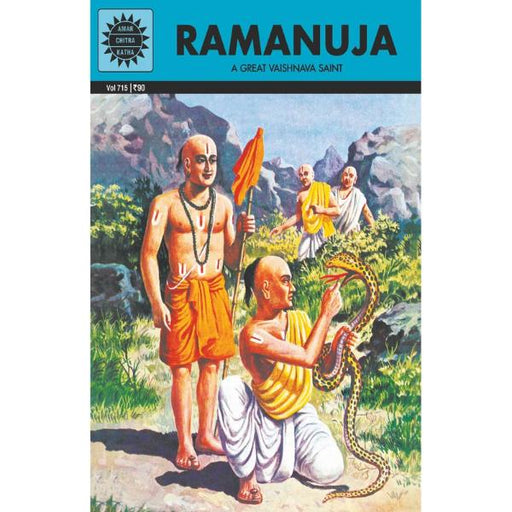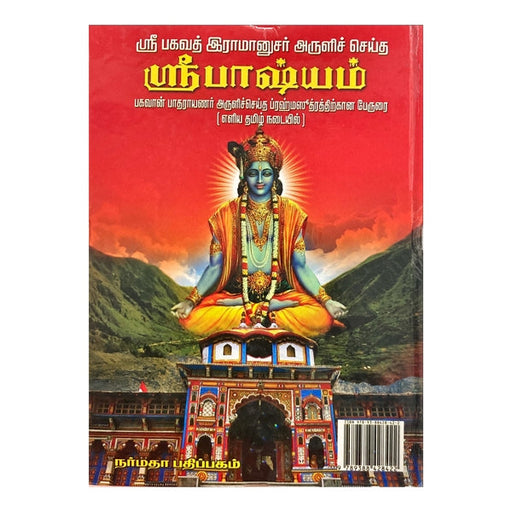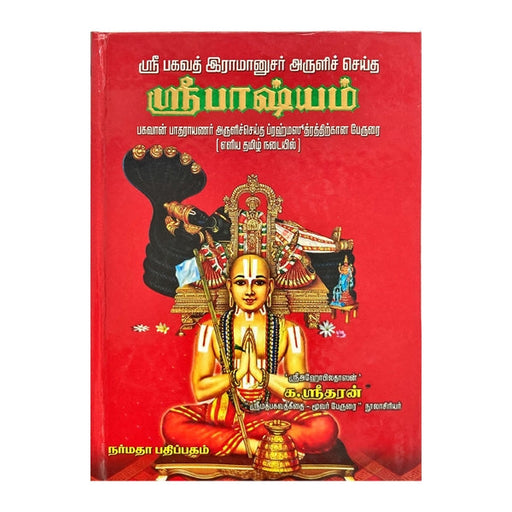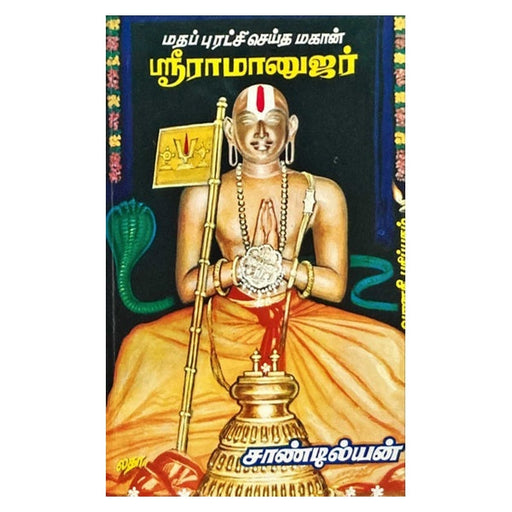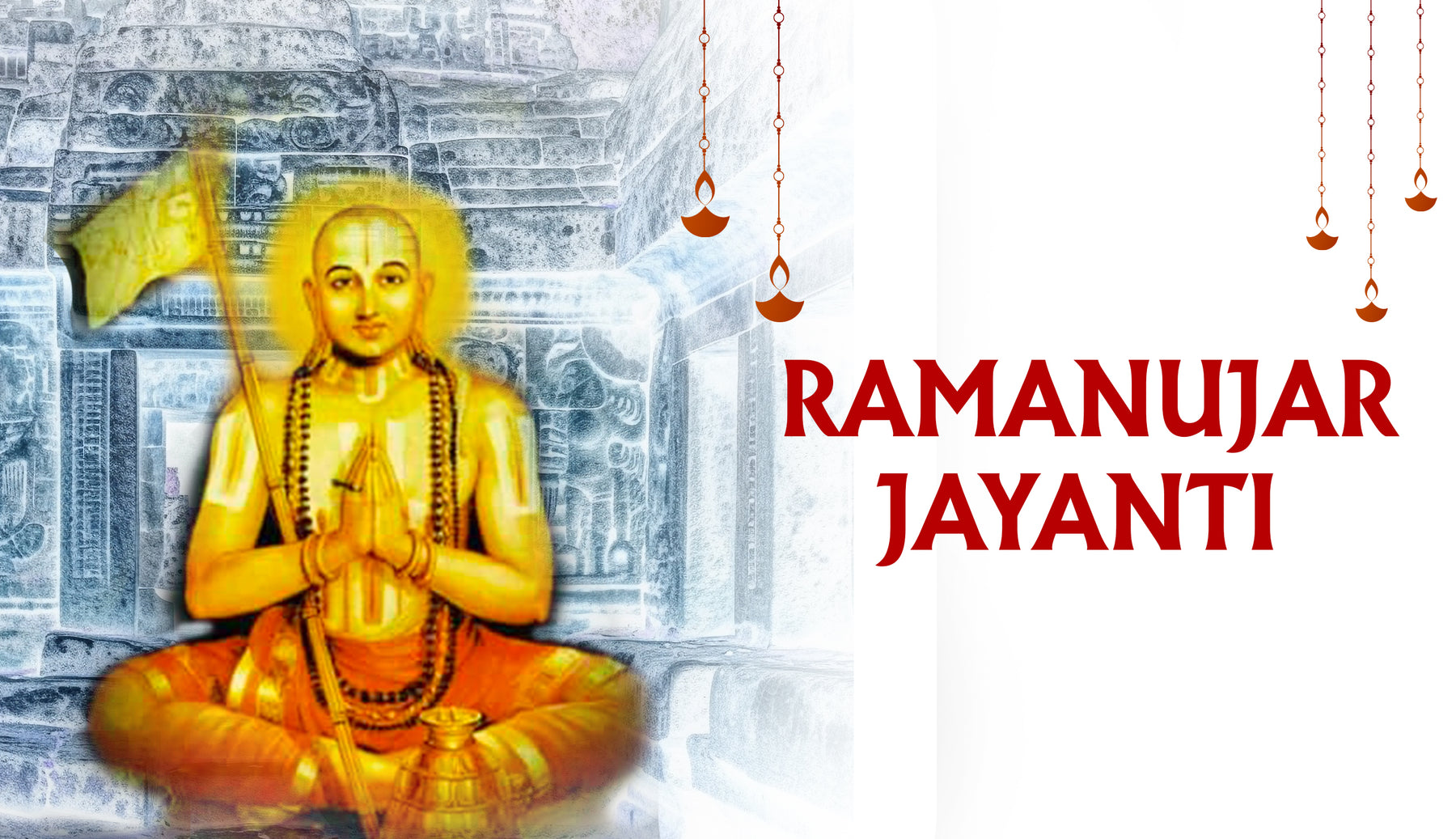
Ramanujar Jayanti
Ramanujar Jayanti 2024: Story, Importance, Date, History
The Birth Story of Ramanujar
Ramanujar, one of the most revered saints in Hinduism, was born in the 11th century in a small village called Sriperumbudur in present-day Tamil Nadu, India. His birth was not just a mere event but rather a divine manifestation, filled with spiritual significance. According to legend, Ramanujar's birth was foretold by several sages, who predicted that he would spread the message of devotion and equality among all beings.
Born into a devout Brahmin family, Ramanujar showed signs of exceptional wisdom and spirituality from a young age. His parents named him Venkatanatha, and he later came to be known as Ramanujar after he became a prominent figure in the Bhakti movement.
The Life and Teachings of Ramanujar
Ramanujar's life was dedicated to the pursuit of spiritual knowledge and the upliftment of humanity. He travelled extensively across India, studying under various spiritual masters and delving deep into the scriptures. His teachings emphasised the path of Bhakti, or devotion, as a means to attain liberation.
One of Ramanujar's most significant contributions was his interpretation of the Vedanta philosophy, which he expounded in his commentaries on the Brahma Sutras, known as the Sri Bhashya. He emphasised the concept of Vishishtadvaita, or qualified non-dualism, which asserts that while the individual souls are distinct from the Supreme Brahman, they are still intimately connected to it.
Ramanujar's teachings emphasised the importance of surrendering to the divine, serving humanity with compassion, and practising devotion with sincerity and love.
What is the Importance of Ramanujarcharya Jayanti
Ramanujarcharya Jayanti, also known as Ramanujar Jayanti, is celebrated annually to commemorate the birth anniversary of Ramanujar. It holds immense significance for followers of Vishishtadvaita Vedanta and devotees of Ramanujar.
The day serves as a reminder of Ramanujar's life and teachings, inspiring people to reflect on the values of devotion, compassion, and service that he espoused. It is an occasion for devotees to recommit themselves to the spiritual path and seek guidance from Ramanujar's teachings.
How Do We Celebrate Ramanujar Jayanti
Ramanujar Jayanti is celebrated with great fervour and devotion by devotees across India and in many parts of the world. The festivities typically include special prayers, bhajans (devotional songs), discourses on Ramanujar's life and teachings, and community gatherings.
Devotees visit temples dedicated to Ramanujar or Vishnu, offering flowers, fruits, and other offerings as a mark of reverence. Many also engage in acts of charity and service as a way of honouring Ramanujar's emphasis on compassion and selflessness.
Rituals and Traditions
On Ramanujar Jayanti, devotees may observe certain rituals and traditions to mark the occasion. These may include:
- Abhishekam (ritual bathing) of Ramanujar's deity with milk, honey, and other sacred substances.
- Recitation of Ramanujar's hymns and verses, such as the Ramanujar Ashtottara Shatanamavali (108 names of Ramanujar).
- Distribution of prasadam (sanctified food) to devotees and the less fortunate.
- Reading and study of Ramanujar's teachings from scriptures like the Sri Bhashya and the Gita Bhashya.
FAQ
Q: Who was Ramanujar?
A: Ramanujar was a revered saint and philosopher who lived in the 11th century in India. He is known for his teachings on Bhakti (devotion) and Vishishtadvaita Vedanta.
Q: What is Vishishtadvaita Vedanta?
A: Vishishtadvaita Vedanta is a school of Hindu philosophy founded by Ramanujar. It teaches qualified non-dualism, which asserts that while the individual souls are distinct from the Supreme Brahman, they are still intimately connected to it.
Q: Why is Ramanujar Jayanti celebrated?
A: Ramanujar Jayanti is celebrated to commemorate the birth anniversary of Ramanujar and to honour his life and teachings. It is an occasion for devotees to reflect on the values of devotion, compassion, and service that he exemplified.
https://swasthikhealthbeing.blogspot.com/2017/05/sri-ramanujacharya-jayanti.html
https://blog.thambulam.in/significance-of-sri-ramanujar-jayanti/
-
Ramanuja
Original price Rs. 99.00 - Original price Rs. 99.00Original priceRs. 99.00Rs. 99.00 - Rs. 99.00Current price Rs. 99.00It is an uncommon and auspicious occasion when Swami Ramakrishnananda, a saint and enlightened soul who was a direct pupil of Sri Ramakrishna, take...
View full detailsOriginal price Rs. 99.00 - Original price Rs. 99.00Original priceRs. 99.00Rs. 99.00 - Rs. 99.00Current price Rs. 99.00 -
Sri Bhagavath Ramanujar aruli.......Sri Bhashyam - Tamil
Original price Rs. 950.00 - Original price Rs. 950.00Original priceRs. 950.00Rs. 950.00 - Rs. 950.00Current price Rs. 950.00"Sri Bhagavath Ramanujar aruli..Sri Bhashyam" (Tamil) by K. Sridharan is a scholarly exposition of the teachings of the revered saint and philosoph...
View full detailsOriginal price Rs. 950.00 - Original price Rs. 950.00Original priceRs. 950.00Rs. 950.00 - Rs. 950.00Current price Rs. 950.00 -
Matha Puratchi Seitha Sri Ramanujar - Tamil
Original price Rs. 160.00 - Original price Rs. 160.00Original priceRs. 160.00Rs. 160.00 - Rs. 160.00Current price Rs. 160.00• "Matha Puratchi Seitha Sri Ramanujar" is a captivating Tamil book that intricately weaves together the life and revolutionary contributions of th...
View full detailsOriginal price Rs. 160.00 - Original price Rs. 160.00Original priceRs. 160.00Rs. 160.00 - Rs. 160.00Current price Rs. 160.00





